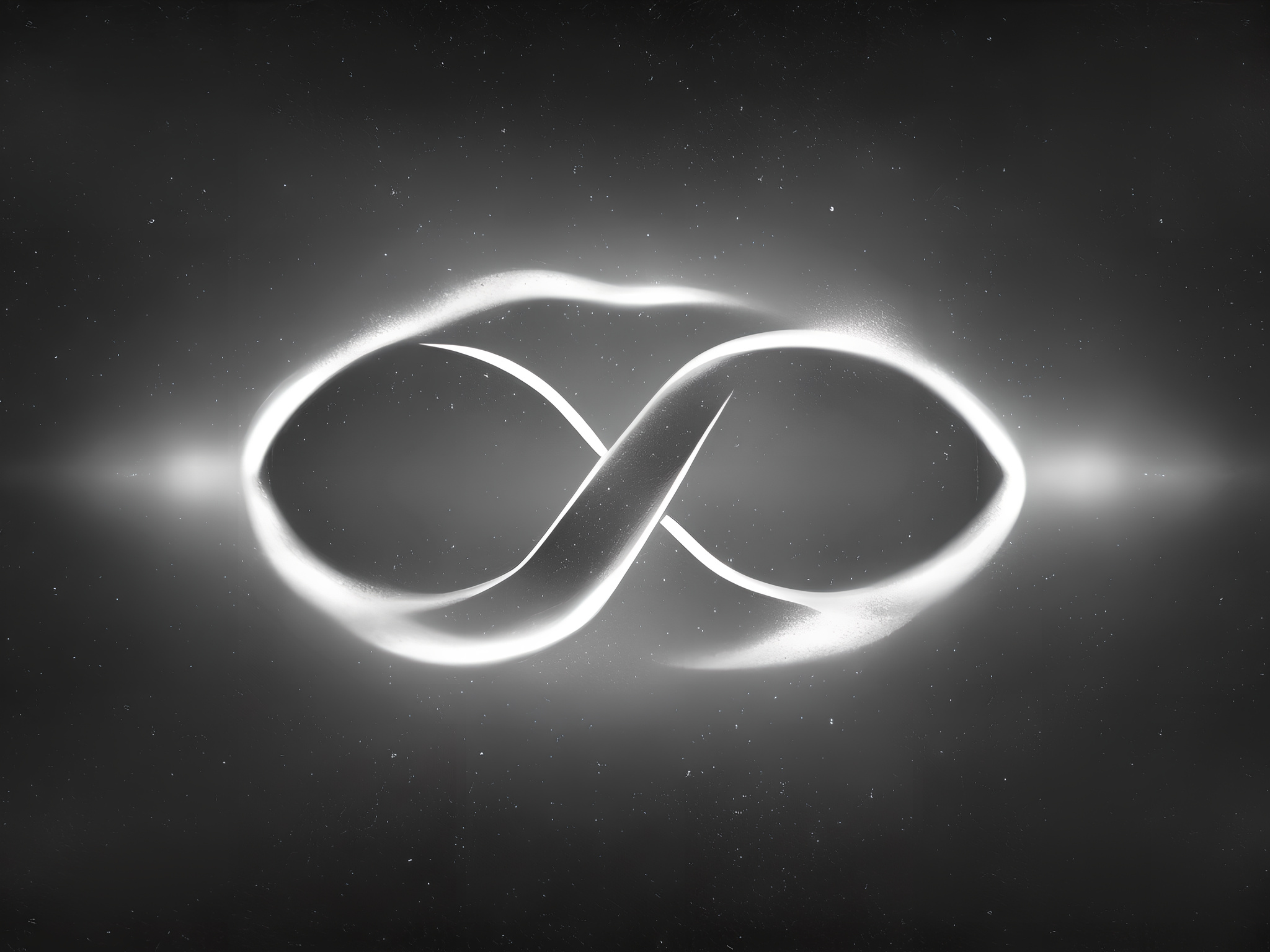Im Zusammenhang mit der Unendlichkeits-Hypothese des Universums gibt es ein witziges Gedankenexperiment, das Science-YouTuber wie Sean Carroll und Matthew O'Dowd von PBS Spacetime popularisiert haben.
Die Idee dahinter geht aber weiter zurück auf die beiden Physiker Max Tegmark und Brian Greene, die eine Vier-Stufen-Skala von hypothetischen Multiversen aufgestellt haben.
Das Second-Earth-Paradoxon würde unter die Stufe 1 eines unendlich großen, ergodischen Universums, Multiversums fallen.
Die Vorstellung einer zweiten identen oder fast identen Erde reicht aber sicherlich noch länger zurück, in der jüngeren Philosophie zum Beispiel die Zwillingserde des Philosophen Hilary Putnam.
Die Neu-Interpretation des Zweiten-Erde-Paradoxons geht ungefähr wie folgt. Wäre das Universum wirklich unendlich groß, würden sich über lange (unendliche) Distanzen die Strukturen irgendwann wiederholen, vorausgesetzt das Universum ist homogen, isotrop und ergodisch, d.h. alle möglichen Konfigurationen treten auch irgendwann auf, fairer Zufall, etc.
Die Konsequenz eines unendlich großen Universums wäre, dass es irgendwo ein identes Sonnensystem mit einer identen Erde, sogar mit den identen Menschen geben würde. Und nicht nur das, es würde auch unendlich viele fast idente Erden geben, wo alle möglichen Entscheidungen, Möglichkeiten eingetreten sind. Zum Beispiel würde ein zweites Ich irgendwo im unendlichen Universum existieren, das vielleicht erfolgreicher ist und weniger dumme Sachen gemacht hat als auf dieser Erde.
Wie ihr seht, geht das schon sehr Richtung Multiversum-Theorie. Die Frage ist, warum sollte es tatsächlich unendlich viele Erden geben, warum existieren wir dann überhaupt, wenn ohnehin alle Möglichkeiten im unendlichen Universum eintreten würden?
Das macht für mich wenig Sinn und man könnte das als Argument (Paradoxon) auch unter Anwendung von Occam's Razor gegen das unendliche Universum sehen. Die Annahme der Unendlichkeit führt einfach zu extrem absurden und unnötigen Vorstellungen, die weder beweisbar noch widerlegbar sind.
Allerdings macht das Second-Earth-Paradoxon seinerseits auch viele Annahmen, die vielleicht nicht der Fall sind. Zum Beispiel dürfte es auch nur endlich viele mögliche Konfigurationen geben, eine unendliche Auflösung (Präzision) der Raumzeit wäre zum Beispiel bereits ein Problem für das Second-Earth-Paradoxon, um eine 100% idente Erde zu bekommen. Aber vielleicht reicht auch eine 99.9999...% idente Erde aus, um denselben Bullshit zu bekommen wie auf dieser Erde.
Was sagt ihr dazu? Denkt ihr, gibt es da draußen tatsächlich irgendwo eine zweite (fast) idente Erde? Würde ein unendliches Universum mit unendlich vielen identen Erden überhaupt Sinn machen?

Is the universe infinite or rather finite? AI-generated illustration (Stable Diffusion)
English
In regard to the infinitive universe hypothesis, there is an amusing thought experiment that science YouTubers such as Sean Carroll and Matthew O'Dowd from PBS Spacetime have popularized recently.
However, the idea behind it goes back further to the two physicists Max Tegmark and Brian Greene, who established a four-level scale of hypothetical multiverses.
The Second Earth paradox would fall under level 1 of an infinitely large, ergodic universe, multiverse.
However, the idea of a second identical or nearly identical Earth certainly goes back even further, for example, in recent philosophy, the Twin Earth thought experiment of philosopher Hilary Putnam.
The reinterpretation of the Second Earth paradox goes something like this. If the universe were truly infinitely large, structures would eventually repeat themselves over long (infinite) distances, provided that the universe is homogeneous, isotropic, and ergodic, i.e. all possible configurations occur at some point, fair chance, fair random generator etc.
The consequence of an infinitely large universe would be that somewhere there would be an identical solar system with an identical Earth, even with identical humans. And not only that, there would also be an infinite number of almost identical Earths where all possible decisions and possibilities have occurred. For example, a second me would exist somewhere in the infinite universe, perhaps more successful and having done fewer stupid things than me on this Earth.
As you can see, this is already very much in line with the multiverse theory. The question is, however, why should there actually be an infinite number of Earths, why would we exist at all if all possibilities would occur in the infinite universe anyway?
This makes little sense to me, and one could also see it as an argument (paradox) against the infinite universe assumption using Occam's razor. The assumption of infinity simply leads to extremely absurd and unnecessary ideas that are neither provable nor refutable.
However, the Second Earth paradox also makes many assumptions that may not be the case. For example, it requires only a finite number of possible configurations, infinite resolution (precision) of space-time would already be a problem for the Second Earth paradox in order to obtain a 100% identical Earth. But perhaps a 99.9999...% identical Earth is enough to get the same bullshit as on this Earth.
Do you think there really is a second (almost) identical Earth out there somewhere? Would an infinite universe with an infinite number of identical Earths even make sense?
Finite or infinite universe
Part 1: Definitions https://peakd.com/hive-163521/@vikisecrets/why-the-universe-is-most-likely-not-infinite-part-1-definitions-reply-with-infinite-or-finite
Part 2: Scientific question or not? https://peakd.com/hive-163521/@vikisecrets/why-the-universe-is-most-likely-not-infinite-part-2-scientific-question-or-not
Part 3: Infinity as a placeholder for ignorance https://peakd.com/hive-163521/@vikisecrets/why-the-universe-is-most-likely-not-infinite-part-3-infinity-as-a-placeholder-for-ignorance
Part 4: Everything we measure is finite https://peakd.com/@vikisecrets/why-the-universe-is-most-likely-not-infinite-part-4-everything-we-measure-is-finite
Part 5: Popular argument against infinity https://peakd.com/@vikisecrets/why-the-universe-is-most-likely-not-infinite-part-5-popular-argument-against-infinity
Part 6: How assuming infinite resolution led to the worst prediction ever in physics: The Ultraviolet Catastrophe. Is the universe "digital" in nature? https://peakd.com/@vikisecrets/why-the-universe-is-most-likely-not-infinite-part-6-how-assuming-infinite-resolution-led-to-the-worst-prediction-ever-in-physics-the-ultraviolet-catastrophe-is-the-universe-digital-in-nature
Part 7: The observable universe is finite and another big surprise. https://peakd.com/hive-163521/@vikisecrets/why-the-universe-is-most-likely-not-infinite-part-7-the-observable-universe-is-finite-and-another-big-surprise
Part 8: Does the second earth paradox rule out infinity?
To be continued ...